Mindfulness and microorganisms: how do the Gardens nurture mental health
Meandering through an ensemble of sweet-smelling plants, birdsong and visual serenity, it is difficult to be burdened by the city cacophony inside Birmingham Botanical Gardens.
As research has shown time and again, natural spaces are capable of working wonders for our physical and mental health and spending quality time in them can greatly improve an individual’s cognitive functioning.
This week, people across the UK are raising awareness of mental health and with it comes the opportunity to remind readers of the personal benefits visitors can gain from dropping into our Gardens.
SOUNDS
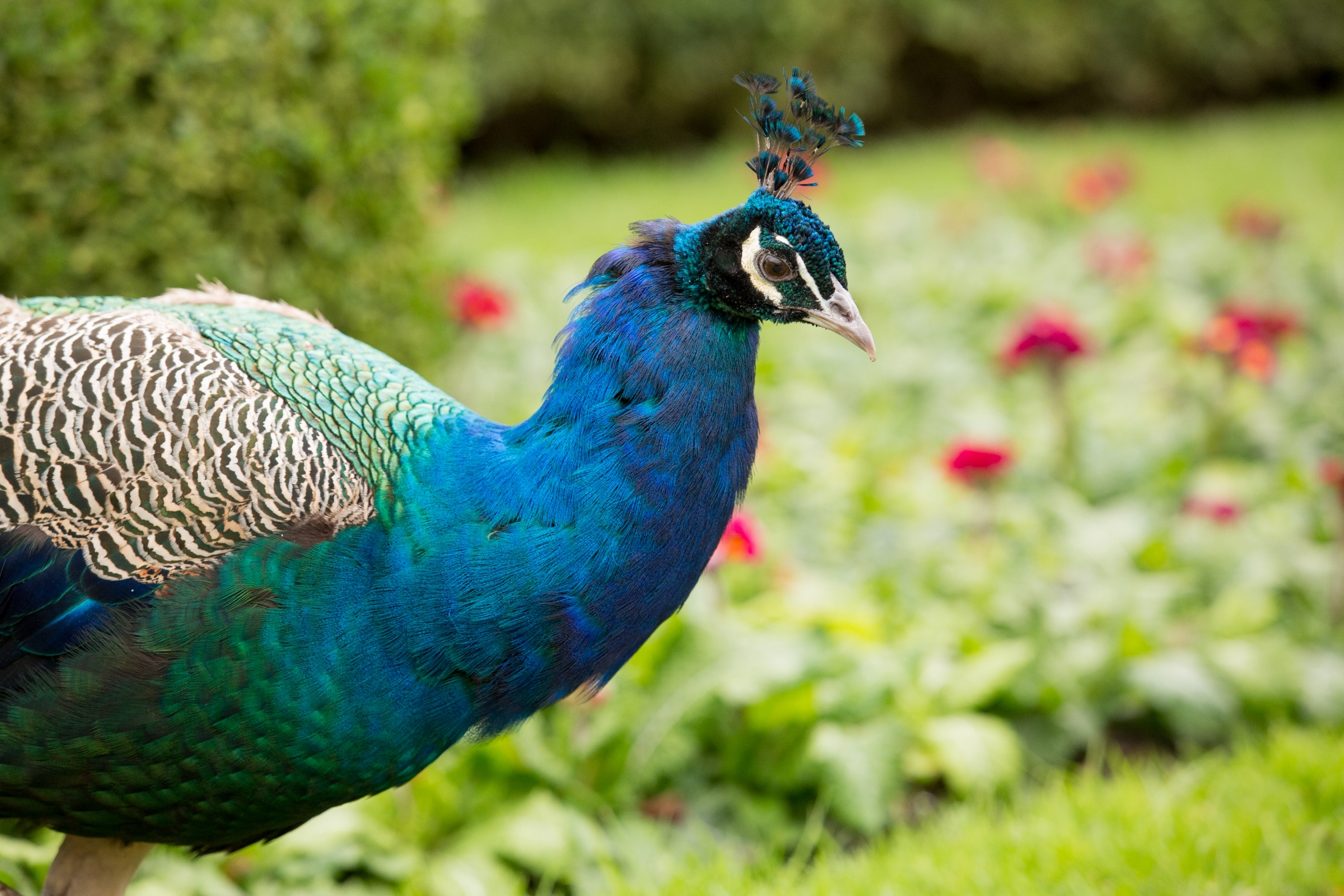
Imagine you are sitting on a bench, surrounded by a peaceful lull of softly swaying branches, enchanting corners which instil a quiet curiosity and the demure movements of elegant peacocks.
In the backdrop of this picture, you can hear the mellifluous trill of numerous birds interspersed with a breeze rustling through the many flowers, plants and trees.
This is the sound of our Gardens, a far chirp away from the car horns, phone calls and clamour of Birmingham city centre.
Such noises shouldn’t be underestimated – listening to birdsong was identified by participants involved in a BBC podcast as a method of relieving stress and mental fatigue.
For urban residents who might not have the luxury of private access to green space, the Botanical Gardens is an inviting place to put the calls of our avian inhabitants to the test.
LONELINESS
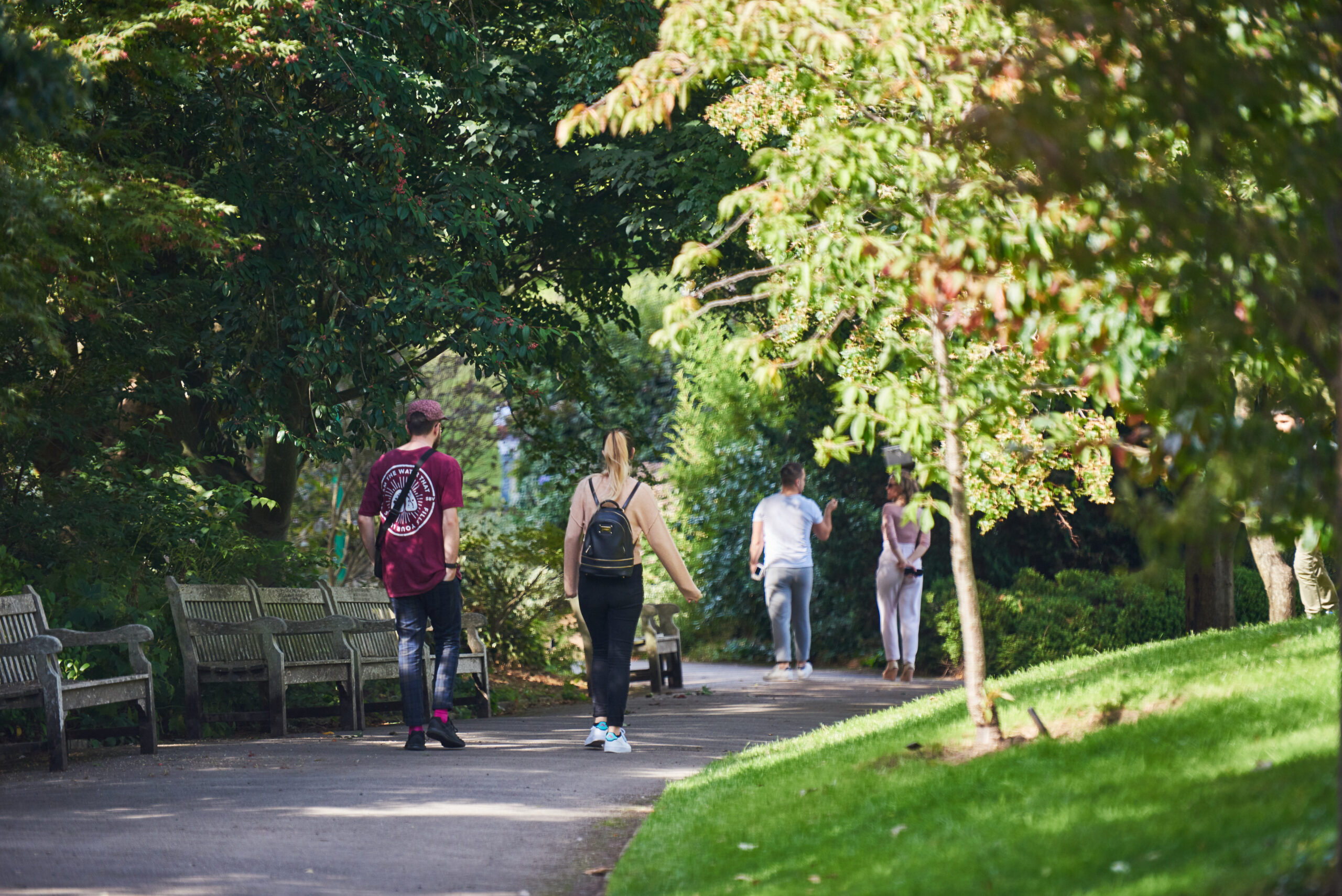
Whether you enter the Gardens to sit in peaceful solitude or to relish the presence of wildlife and other people, loneliness is a weight that can be eased here.
Despite being a huge contributing factor to experiences of anxiety, depression and other mental health problems, loneliness is still stigmatised within our society; this is evident in the fact that 1 in 5 of us hide our experiences of feeling lonely from others.
This year, the theme of mental health awareness week is loneliness for which the Mental Health Foundation has compiled a report to educate and inform readers through survey results and the experiences of nine people.
According to the document, 76 percent of 6,000 survey participants believed that people often felt ashamed or embarrassed about feeling lonely.
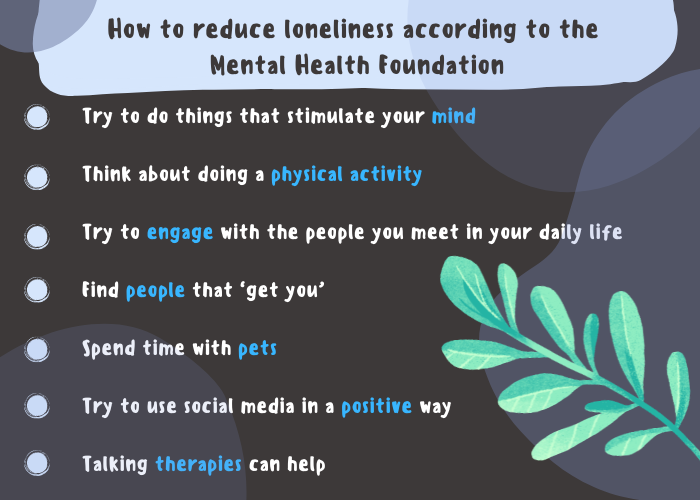
So how can the Gardens help?
As a place which integrates secluded and open spaces, the Gardens can offer a range of environments and activities to suit different individuals from local communities.
Loneliness is a subjective experience which can be alleviated through interaction with other people as much as it can be relieved by finding calm in a relaxing atmosphere.
From our guided tours where you can interact with nature and people alike to our pleasant walks, there are ample opportunities to enhance your mental wellbeing in a way which complements you at the Gardens.
MINDFULNESS
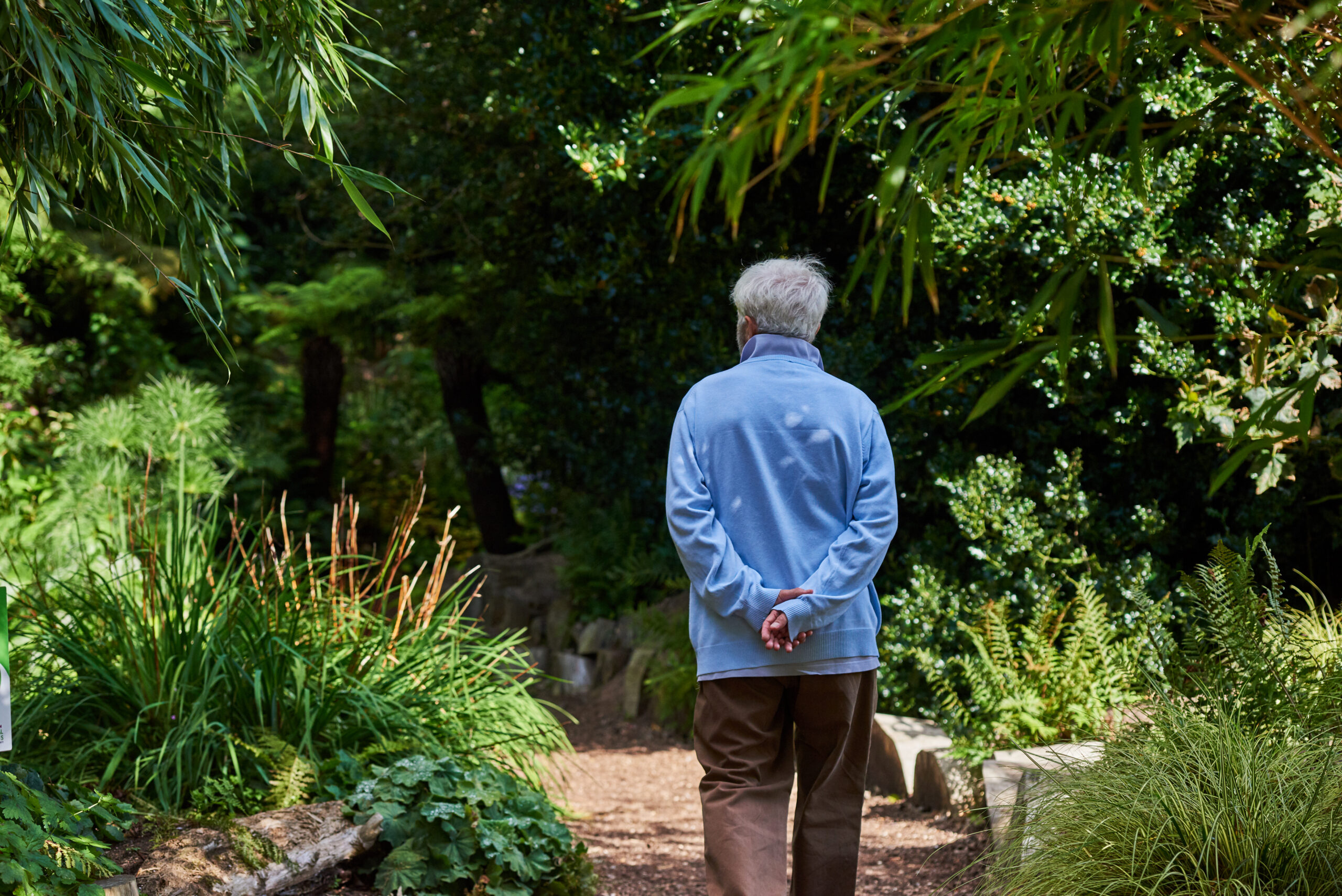
Away from the technological distractions of social media content, television and emails, green spaces can facilitate an individual’s awareness of their emotions, thoughts and ideas more easily than bustling, concrete landscapes.
Albeit not for everyone, mindfulness can provide a wealth of mental health benefits and the Gardens are an ideal space to experiment.
Starting out as a key element of Buddhist theory and practise, mindfulness is a phenomenon which can reduce symptoms of depression, anxiety and stress.
Mindfulness exercises can be as simple as walking or meditation, both of which have been indicated to improve mood and significantly reduce fatigue or inertia.
Full of serene stimuli, our Rock Garden and selection of foliage-encompassed walks are great spots for such contemplative activities.
STRESS
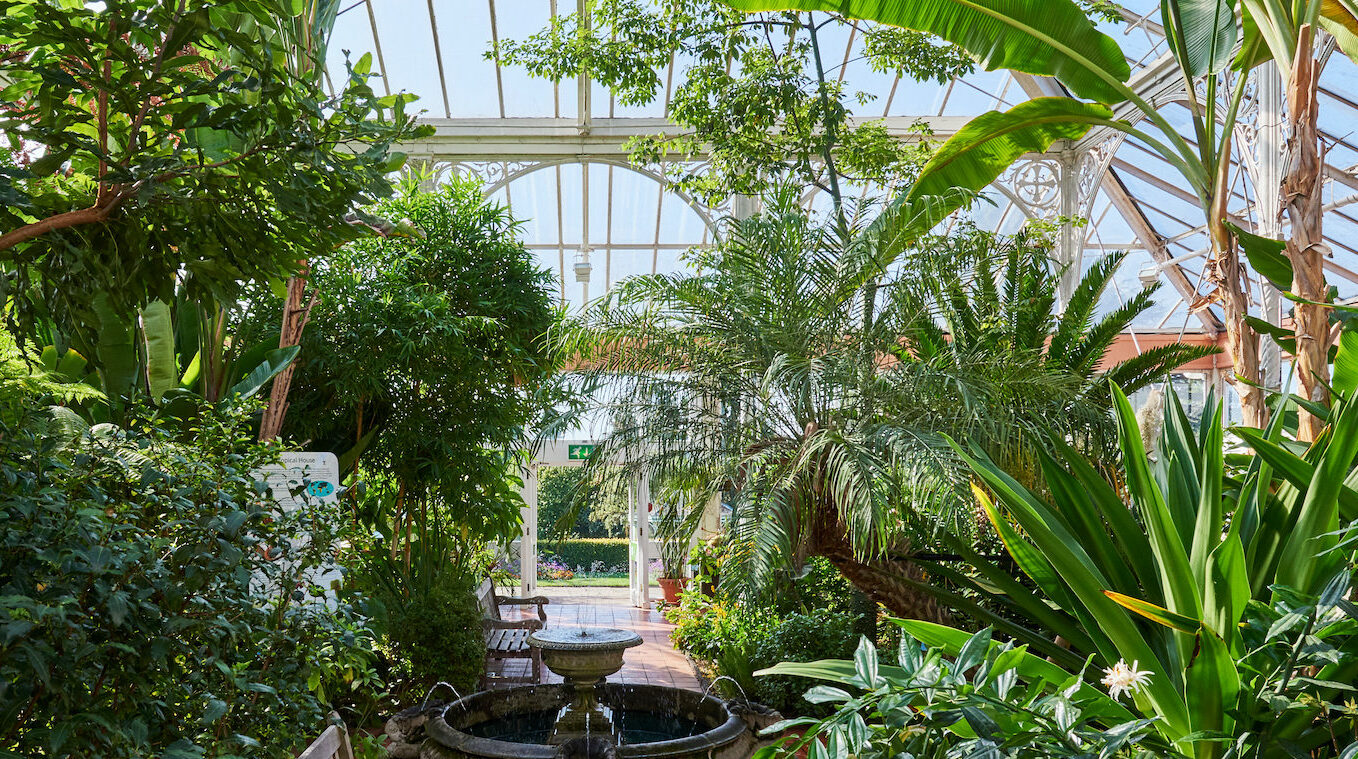
Last year, 74 percent of UK adults reported feeling overwhelmed by stress which, in the hectic chaos of today’s world, is greatly unsurprising.
Yet decreasing your stress levels can be as easy as stepping into Nature just a few times a week.
“Green space can enhance psychological restoration, can affect brain structure through positive associations with amygdala integrity, and could mitigate negative effects from the socially dense and noisy city environment that heighten stress”, Engemann et al. revealed.
Away from the noise and air pollution saturating Birmingham’s urban environments, the Gardens provide the perfect respite for visitors to escape stress-inducing workplaces, study periods and personal problems.
We recommend immersing yourself in our Japanese and Bonsai Garden or checking out the weird and wonderful plants in our Subtropical House for some fun distractions.
PHYSICALITY
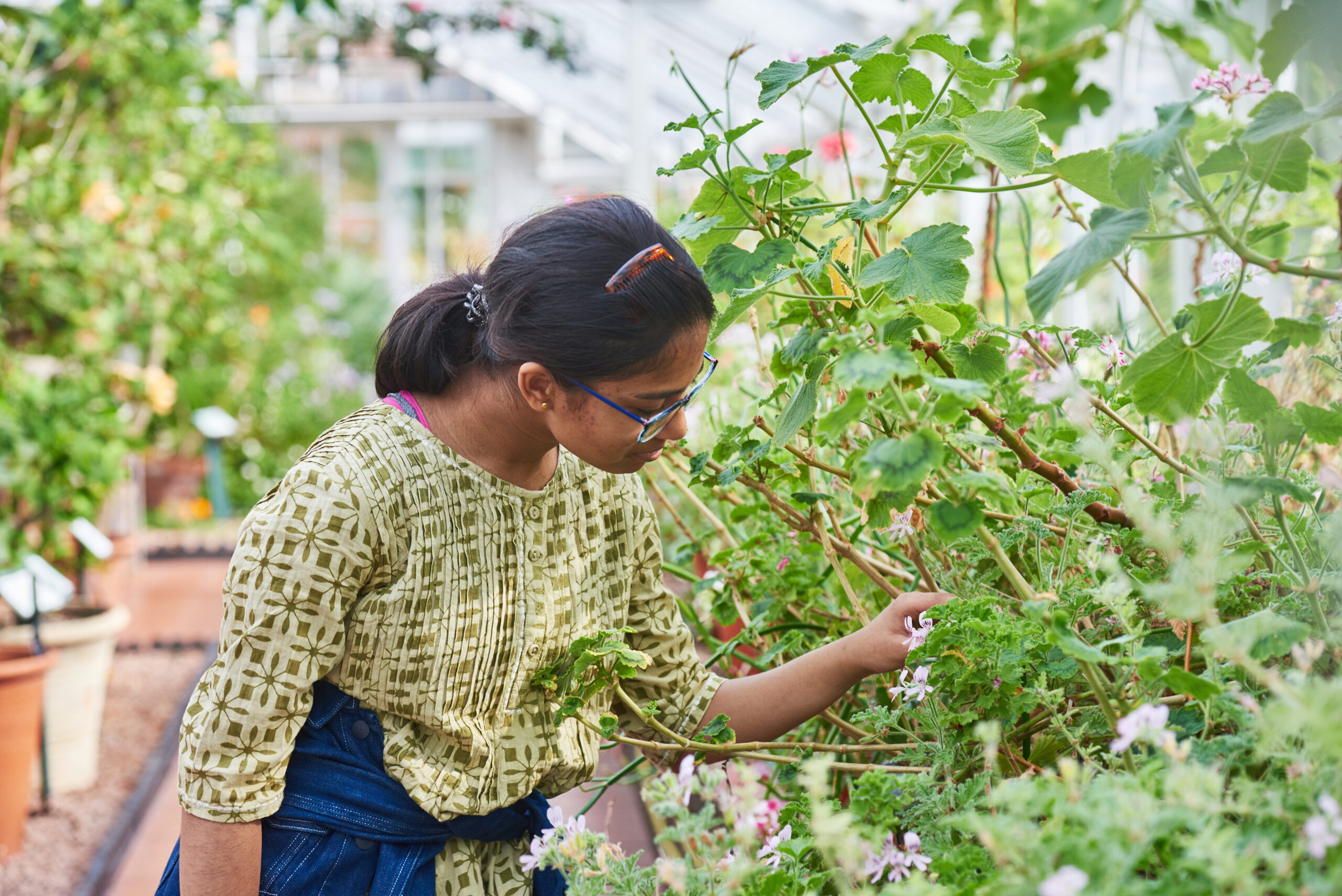
Home to a variety of species, the Gardens also boost the mental wellbeing of visitors through the physical benefits offered by the plants and wildlife.
For instance, it is a well known fact that plants are brilliant at improving air quality – evidence has shown that trees and hedges achieve this by diverting, diluting or capturing pollutants.
Physical benefits can equally be found in the microbiota (aka a range of microorganisms) which live in the Gardens and public green spaces and have the ability to aid an individual’s immune function and defences.
ACCESS TO THE GARDENS
Taking time in your day to visit our grounds could be the best decision you make all week.
If you find yourself becoming a regular, why not become a member to access free, unlimited entry to the Gardens all year!
To learn more, please click here.

